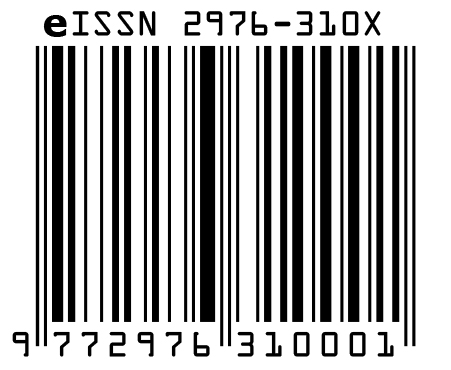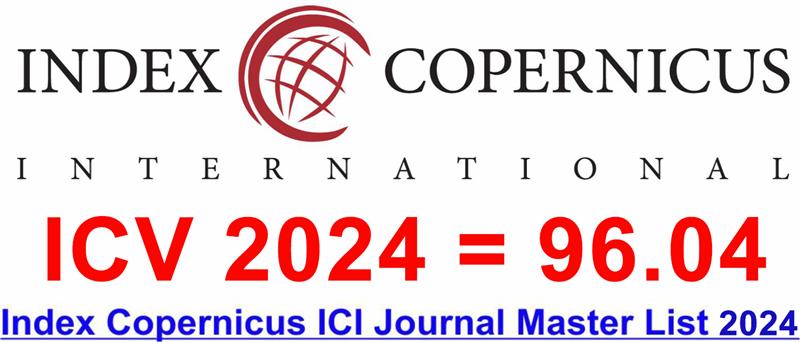A Study on Continuous Teacher Professional Development of University
DOI:
https://doi.org/10.60072/ijeissah.2023.v2i01.007Abstract
The teacher’s professional development at the university has been highlighted in theory and practice circles. In terms of continuing teacher professional development methods, university models of continuing teacher professional development. The study included three aspects: the education management department, universities, and teachers themselves. This is a mixed-methods approach (qualitative and quantitative), based on the qualitative analysis of the system analysis of the professional development in colleges and universities as well as the model of the professional development system for college teachers. To make the analysis and conclusions of this study more practical and scientific, techniques like path analysis, descriptive analysis, and network analytic hierarchy process are used. Additionally, this study integrates the normative and empirical research. to evaluate the continuing teacher professional development capability in universities, the continuing teacher professional development capability model and the continuing teacher professional development capability assessment system were developed. And, combined with three Henan universities, further addressed the issue of relatively weightiness of assessment indices by applying the Flexible negotiation method and the Analytic Network Process. The results indicate that two components can be used to build a system for continuing teacher professional development: creating a professional learning organization and establishing a growth mode for individual teacher reflection. This research can also be used to summarize the limitations and future directions for further investigation. Conclusion: The path to the personal growth and development of college teachers is built through the creation of professional learning organizations and the reflective teacher personal growth model.
Keywords:
University Teacher, Academic Performance, Continuous Teacher Professional Development, Construct Professional Learning Organization, ANPReferences
Burden, P. R. (1982). Developmental Supervision: Reducing Teacher Stress at Different Career Stages.
Chen, H. H., & Yuan, Y. H. (2021). The study of the relationships of teacher’s creative teaching, imagination, and principal’s visionary leadership. Sage Open, 11(3) https://doi.org/10.1177/21582440211029932
DECD Annual Report 2018, Department of Economics and Community Development. https://portal.ct.gov/-/media/DECD/Research-Publications/Annual-Report/Annual-Report-2018.pdf
Dongxue, T., Nasir, N. S. M., Jianyan, Z., Rui, J., & Jing, L. (2023). Survey Research on Education Satisfaction Among Full-Time Master's Degree Graduate Students: An Example From Anhui Province. Journal of Business Innovation, 8(1), 23.
Guskey, T. R. (2000). Evaluating professional development. Corwin press. https://books.google.co.in/books?hl=en&lr=&id=CklqX4zgDtgC&oi=fnd&pg=PR9&dq=Guskey,+Thomas+R.(2000).+Evaluating+Professional+Development.+Thousad+Oaks,+California:+Corwin+Press+Inc.,+p.16.&ots=gV0sCI2wdw&sig=1TkLuBCBq18Wo3PjmL1VnjJRUeA&redir_esc=y#v=onepage&q&f=false
Hall, G. E., & Loucks, S. (1978). Teacher concerns as a basis for facilitating and personalizing staff development. Teachers college record, 80(1), 1-13.
Hoyle, E., & Megarry, J. (Eds.). (2005). World Yearbook of Education 1980: The Professional Development of Teachers (1st ed.). Routledge. https://doi.org/10.4324/9780203080511
Hu, D., Yuan, B., Luo, J., & Wang, M. (2021). A Review of Empirical Research on ICT Applications in Teacher Professional Development and Teaching Practice. Knowledge Management & E-Learning, 13(1), 1-20.
Little, J. W. (2014). Teacher development and educational policy. In Teacher development and educational change (pp. 170-193). Routledge.
Prasanna, S. P., & Mohammed, L. A. (2023). An Analysis Study of the Effective Continuous Professional Development Programs on Teaching in UAE. International Journal of Emerging Issues in Social Science, Arts and Humanities (IJEISSAH), 1(3). https://doi.org/10.60072/ijeissah.2023.v1i03.004
Vonk, J. H. C. (1984). The professional socialization of teachers. In School Life Today. Proceedings of the 8th Annual Conference of the Association for Teacher Education in Europe (ATEE). Copanhague/Oldenburg/Brussel: ATEE Publication.
Xu, X. (2022). A Study on the Realistic Dilemmas and Countermeasures of Teachers' Professional Development Community. Advances in Vocational and Technical Education, 4(6), 1-7.
Zhang, X., Admiraal, W., & Saab, N. (2021). Teachers’ motivation to participate in continuous professional development: relationship with factors at the personal and school level. Journal of Education for Teaching, 47(5), 714-731. https://doi.org/10.1080/02607476.2021.1942804
























